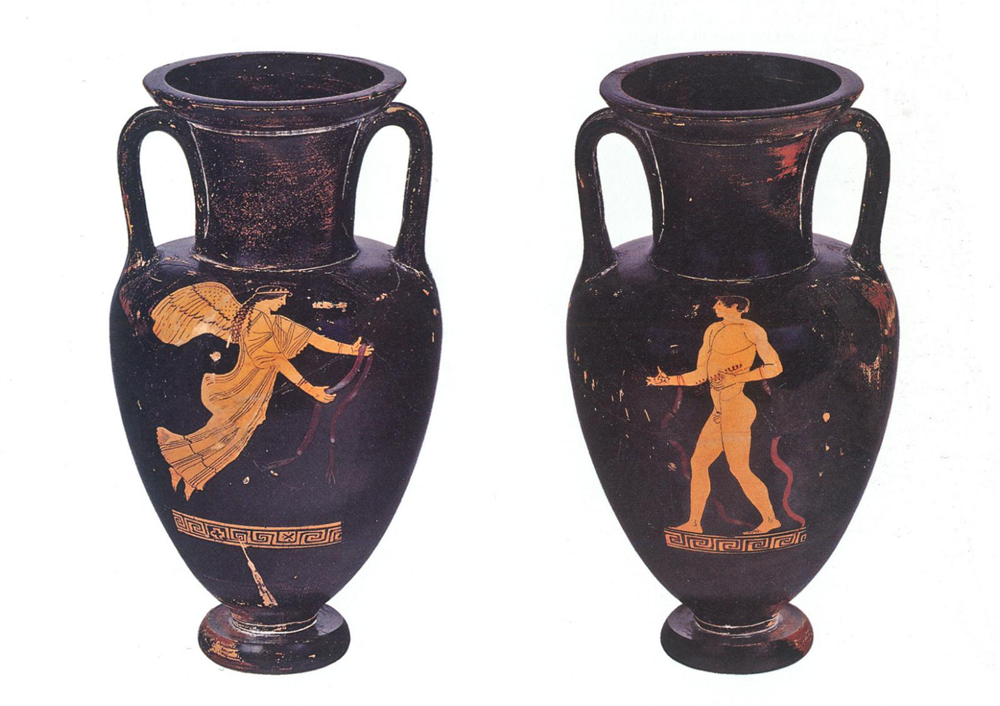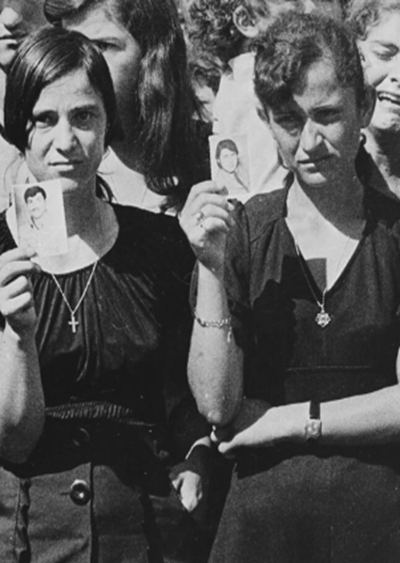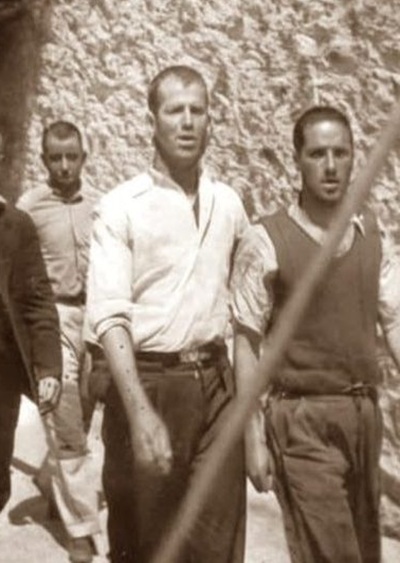
Observed from a historical perspective, doping is a relatively recent phenomenon that became increasingly widespread in sport after the 19th century and the beginning of modern Olympic Games. Today, international institutions like WADA (World Anti Doping Agency) were formed to preserve the intrinsic values of sport, such as fair play, justice, education, and respect for rules and laws.
Such values, which are often referred to as the ‘spirit of sport’, can be traced in the ancient Greek ethos of aretē. It was virtue (aretē) that rendered victory valuable, not just to the athlete, but more importantly to the community. Conversely, athletes who sought external assistance or tried to buy victory were punished and derided. Drawing on a wide range of literary, epigraphic, and archaeological evidence, this paper seeks to give a new interpretation to the ancient phenomenon of athletic nudity, in the process emphasizing the close connection between victory and virtue.
Athletic nudity symbolized agency: the idea that they were the primary cause of their performance, and therefore, worthy of the glory accorded to victors. Consequently, the conceptual connection between victory and virtue in Antiquity is not only relevant, but can also be fundamental to the modern spirit of Olympic Sport.







Leave A Comment